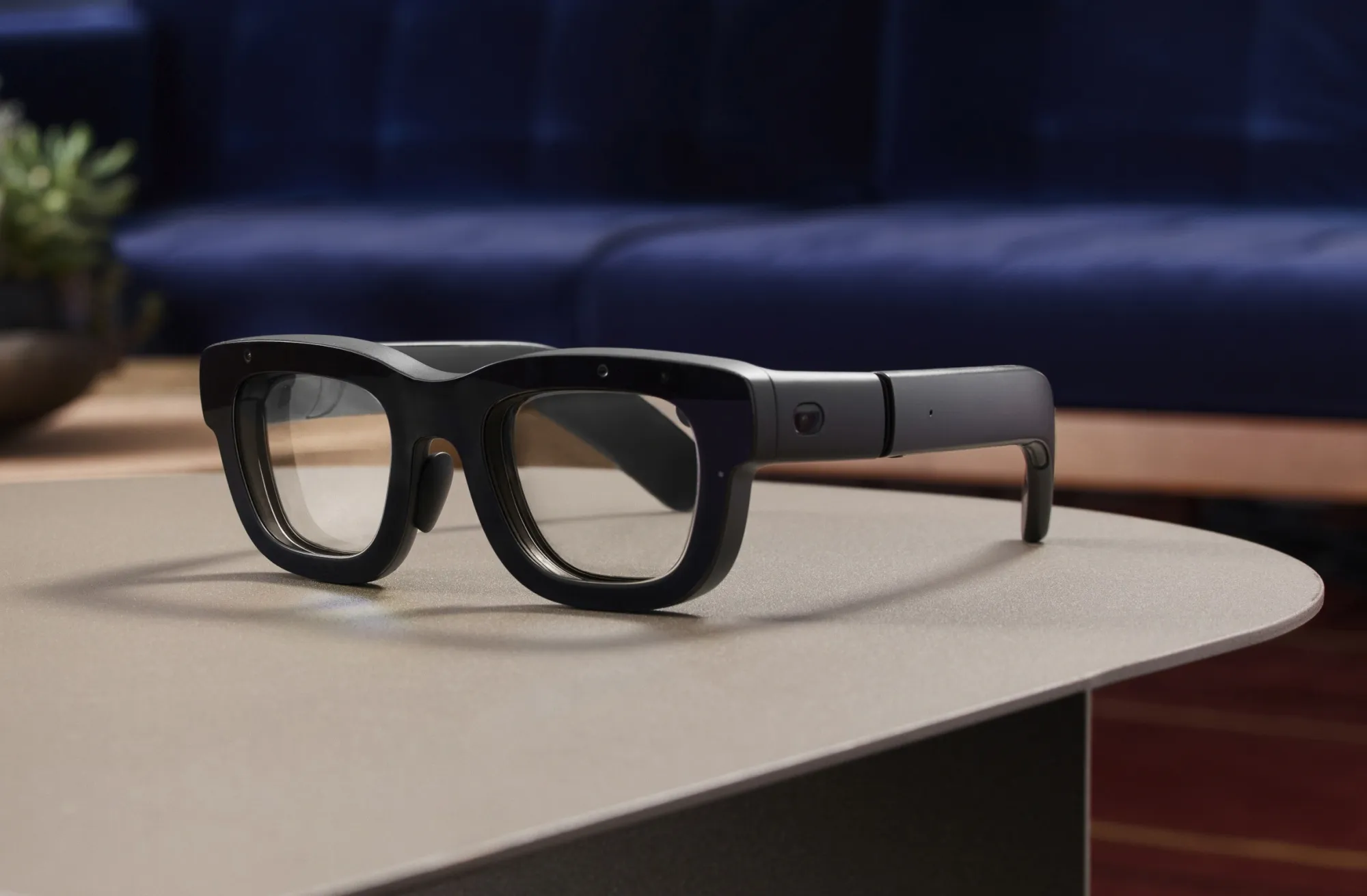
Concerns Rise Over Qualcomm’s Potential Acquisition of Intel as Bond Ratings Face Downgrade
Hardware
Zaker Adham
25 September 2024
25 September 2024
|
Zaker Adham
Summary
Summary
Meta has introduced its latest virtual reality device, the Quest 3S, marking a more budget-friendly option within its Reality Labs division. Priced at $299, the Quest 3S is notably cheaper than last year’s Quest 3, which started at $499. The new VR headset will officially be available on October 15, and its capabilities include entertainment, fitness apps, and VR gaming. During its unveiling at the Connect event in Menlo Park, California, Meta emphasized that the Quest 3S is more than just a gaming console; it’s a powerful multitasking tool, putting it in direct competition with Apple’s $3,499 Vision Pro headset.

In addition to the Quest 3S, Meta revealed a prototype of its Orion augmented reality (AR) glasses and shared new features for its Meta AI chatbot.
Meta’s line of VR headsets, starting with the original Oculus in 2014, has consistently outperformed competitors in sales, thanks in part to their accessible pricing. However, the broader adoption of VR as a mainstream technology has yet to take off. Meta CEO Mark Zuckerberg has committed more than $65 billion in investments toward the development of VR and AR hardware, despite concerns about returns on such significant spending.
While Apple's entry into the VR space with its Vision Pro initially excited developers, reports suggest that high costs have kept sales under 1 million units. Meta, in contrast, continues to position itself as the leader in affordable and accessible VR with its Quest 3S model.

Meta has improved several features in the Quest 3S to make it stand out. Among these is the updated “passthrough” technology, which uses external cameras and sensors to display real-time video within the headset. This feature allows users to maintain situational awareness while wearing the device and interact with their surroundings more naturally. Meta added a dedicated passthrough button for convenience.
The Quest 3S is also designed for multitasking. During the event, Meta demonstrated the device running up to four apps simultaneously, such as a YouTube video, a browser, Amazon Music, and Meta’s app store. However, these demos were not without hiccups—technical issues such as crashing apps and dormant controllers were noted.
In terms of pricing, Meta also announced a significant price drop for the Quest 3 (from $649 to $499 for the 512GB version) and the discontinuation of the Quest Pro and Quest 2 headsets.

Meta took a significant step toward its vision of AR with the unveiling of Orion, a prototype AR glasses device that will not yet be sold to the public. The Orion prototype uses a wristband that detects neural signals, allowing users to control the glasses with their thoughts. This neural interface technology is a result of Meta's acquisition of CTRL-Labs in 2019.
The Orion glasses prototype builds upon earlier efforts, such as Project Nazare, and aims to provide a fully functional AR experience. While a commercial release timeline was not provided, Zuckerberg confirmed that this technology is a significant part of Meta’s long-term goals.
On the AI front, Meta announced updates to its Meta AI chatbot, including voice-activated commands that can perform tasks like taking photos or conducting searches. This new feature will be accessible through Meta apps like WhatsApp, Instagram, Facebook, and Messenger. Notably, Meta AI will feature celebrity voices, including those of Awkwafina, John Cena, and Judi Dench, offering a more personalized experience for users. These voice features will roll out over the coming month in select regions.
Meta's advancements in AI come on the heels of OpenAI's new voice functionality for ChatGPT.

Hardware
Zaker Adham
25 September 2024

Hardware
Paikan Begzad
18 September 2024

Hardware
Paikan Begzad
14 September 2024

Hardware
Paikan Begzad
13 September 2024